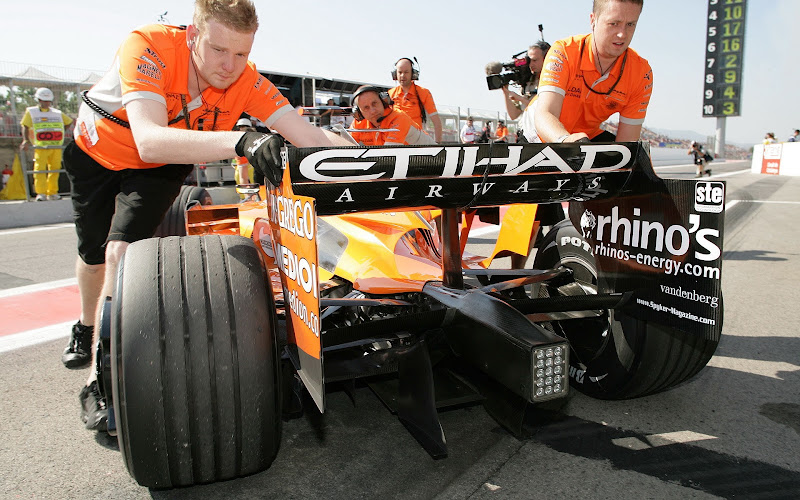Visit Stunning St. Vincent And The Grenadines
"There was one of the Munchkin girls who was so beautiful that I soon grew to love her with all my heart. She, on her part, promised to marry me as soon as I could earn enough money to build a better house for her; so I set to work harder than ever. But the girl lived with an old woman who did not want her to marry anyone, for she was so lazy she wished the girl to remain with her and do the cooking and the housework. So the old woman went to the Wicked Witch of the East, and promised her two sheep and a cow if she would prevent the marriage. Thereupon the Wicked Witch enchanted my axe, and when I was chopping away at my best one day, for I was anxious to get the new house and my wife as soon as possible, the axe slipped all at once and cut off my left leg.
"This at first seemed a great misfortune, for I knew a one-legged man could not do very well as a wood-chopper. So I went to a tinsmith and had him make me a new leg out of tin. The leg worked very well, once I was used to it. But my action angered the Wicked Witch of the East, for she had promised the old woman I should not marry the pretty Munchkin girl. When I began chopping again, my axe slipped and cut off my right leg. Again I went to the tinsmith, and again he made me a leg out of tin. After this the enchanted axe cut off my arms, one after the other; but, nothing daunted, I had them replaced with tin ones. The Wicked Witch then made the axe slip and cut off my head, and at first I thought that was the end of me. But the tinsmith happened to come along, and he made me a new head out of tin.
"I thought I had beaten the Wicked Witch then, and I worked harder than ever; but I little knew how cruel my enemy could be. She thought of a new way to kill my love for the beautiful Munchkin maiden, and made my axe slip again, so that it cut right through my body, splitting me into two halves. Once more the tinsmith came to my help and made me a body of tin, fastening my tin arms and legs and head to it, by means of joints, so that I could move around as well as ever. But, alas! I had now no heart, so that I lost all my love for the Munchkin girl, and did not care whether I married her or not. I suppose she is still living with the old woman, waiting for me to come after her.
"My body shone so brightly in the sun that I felt very proud of it and it did not matter now if my axe slipped, for it could not cut me. There was only one danger--that my joints would rust; but I kept an oil-can in my cottage and took care to oil myself whenever I needed it. However, there came a day when I forgot to do this, and, being caught in a rainstorm, before I thought of the danger my joints had rusted, and I was left to stand in the woods until you came to help me. It was a terrible thing to undergo, but during the year I stood there I had time to think that the greatest loss I had known was the loss of my heart. While I was in love I was the happiest man on earth; but no one can love who has not a heart, and so I am resolved to ask Oz to give me one. If he does, I will go back to the Munchkin maiden and marry her."
Both Dorothy and the Scarecrow had been greatly interested in the story of the Tin Woodman, and now they knew why he was so anxious to get a new heart.













